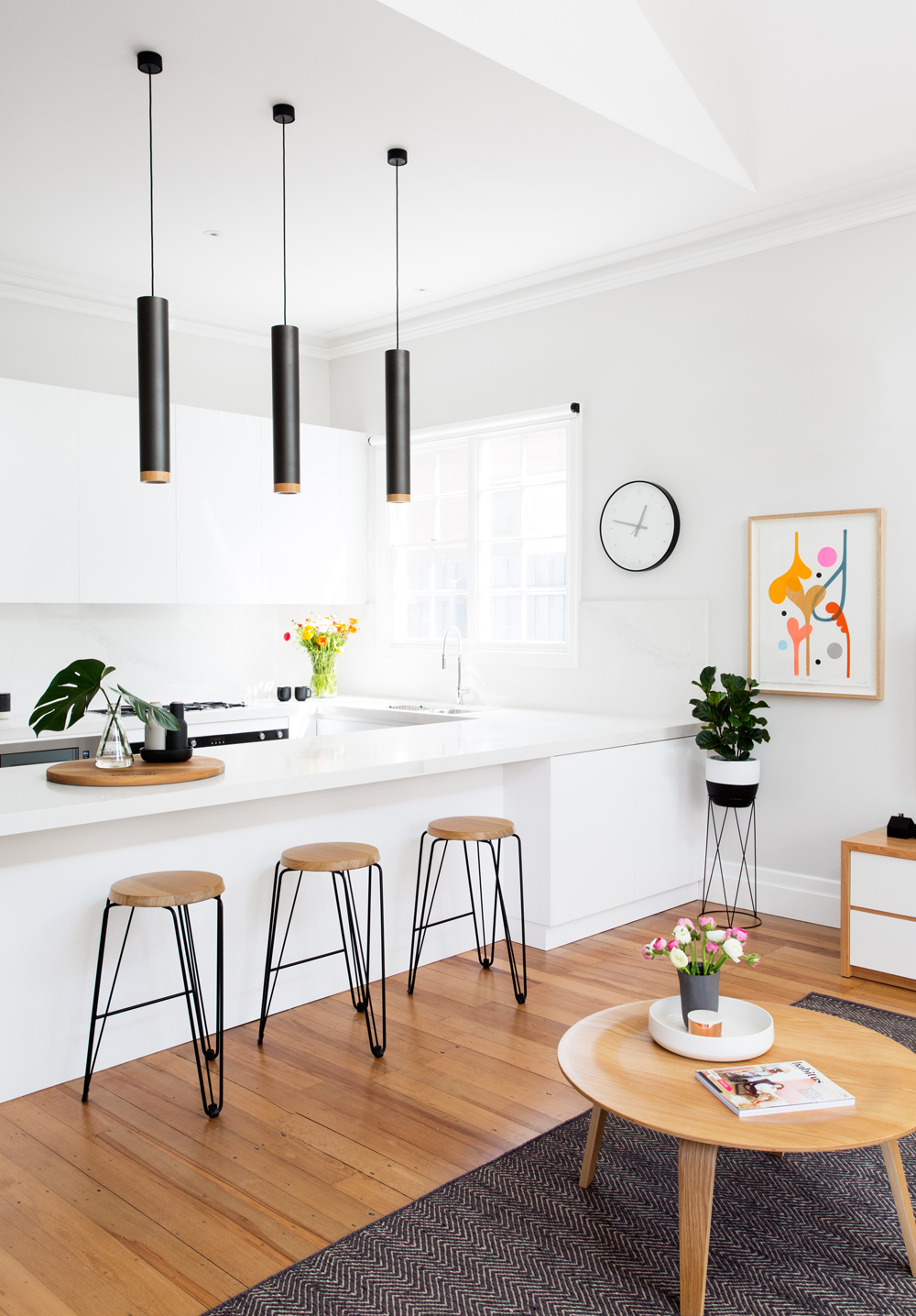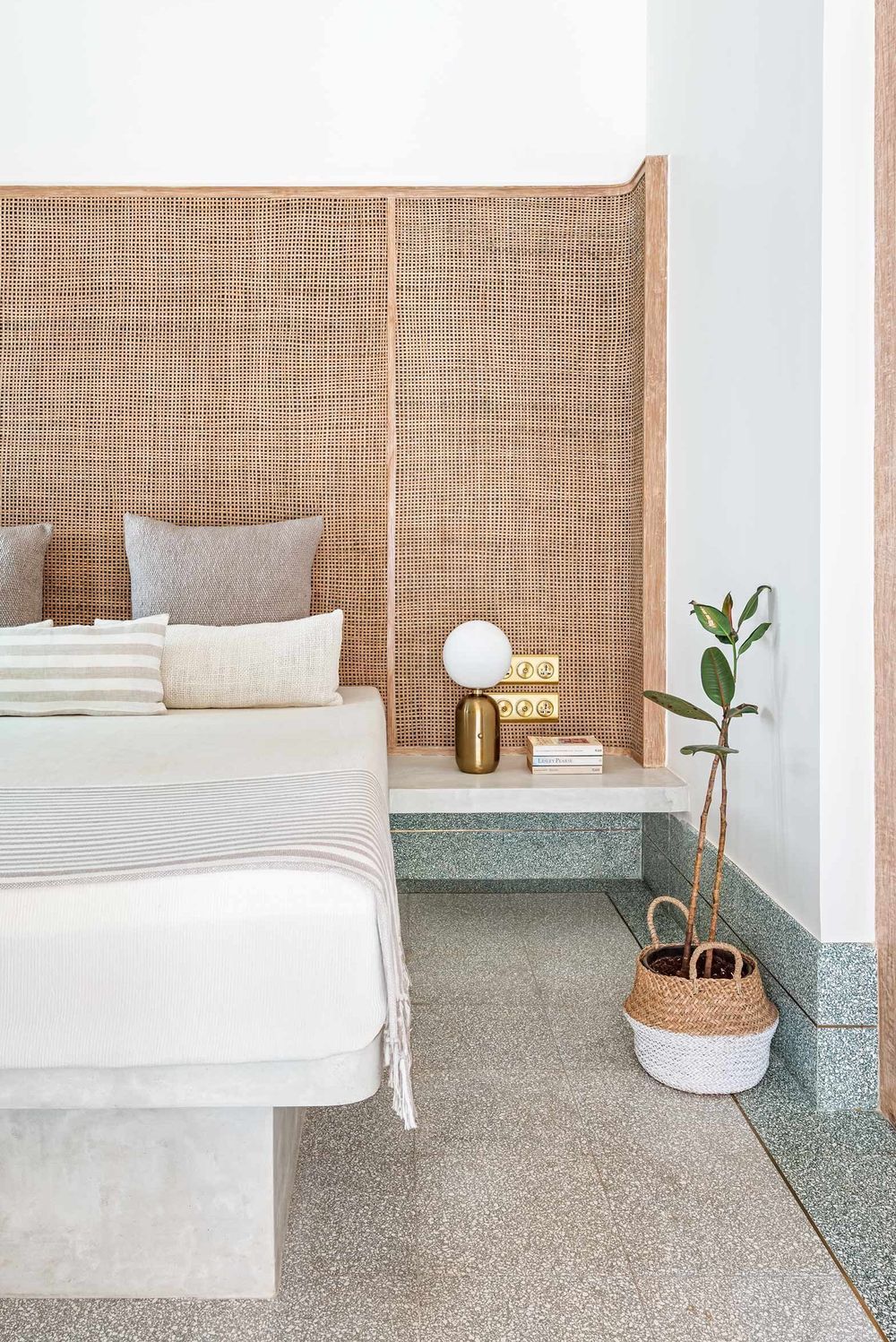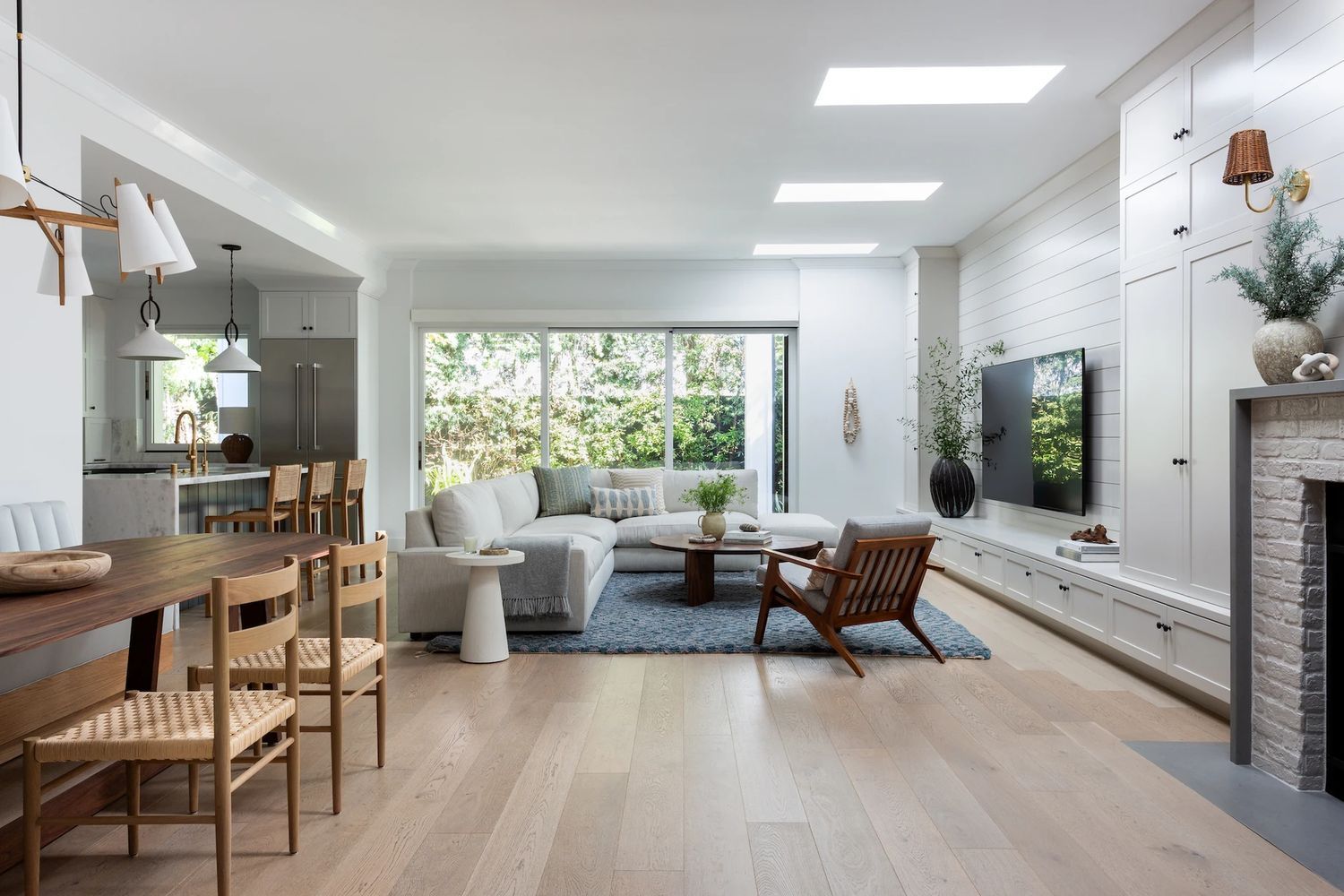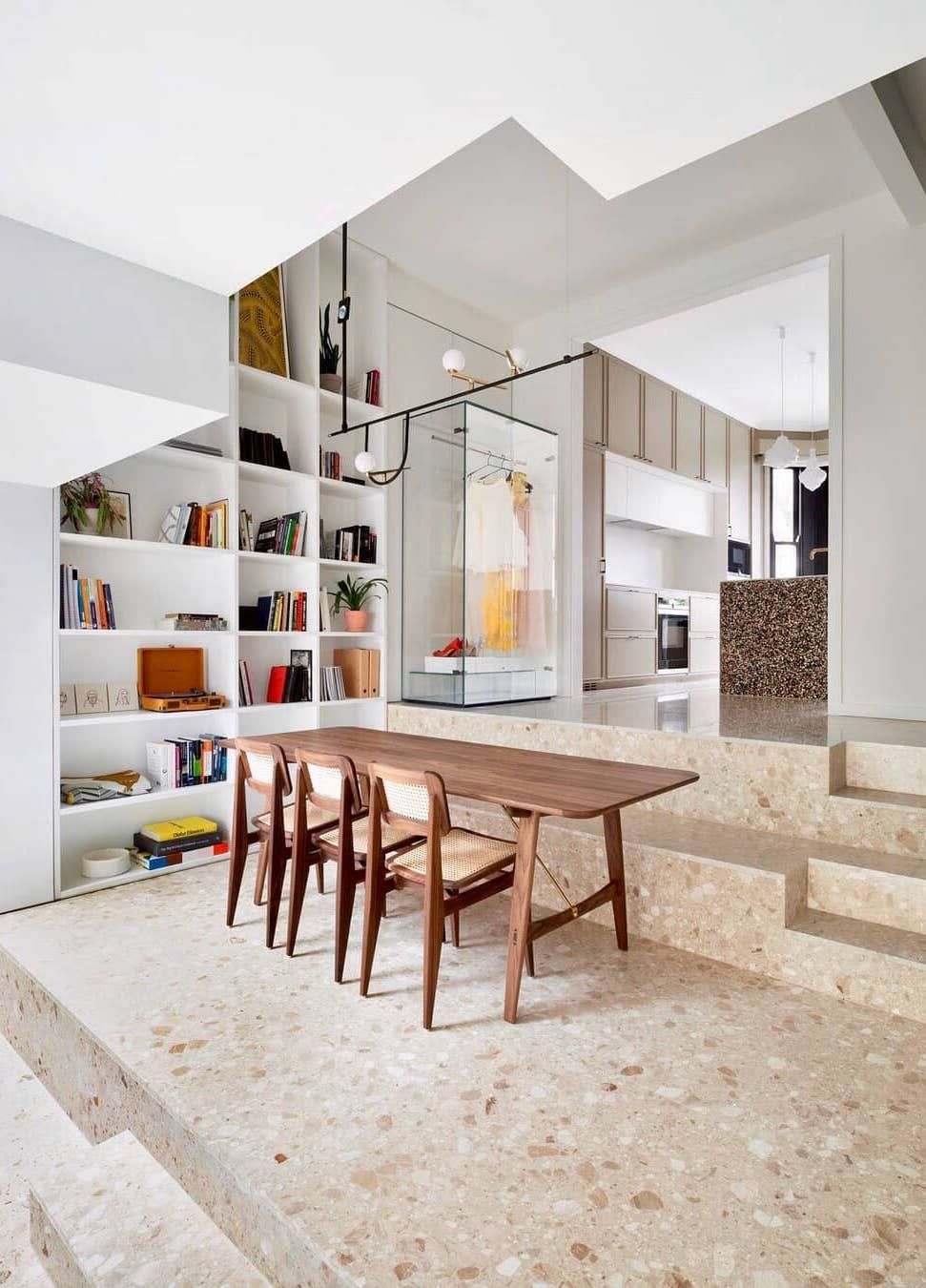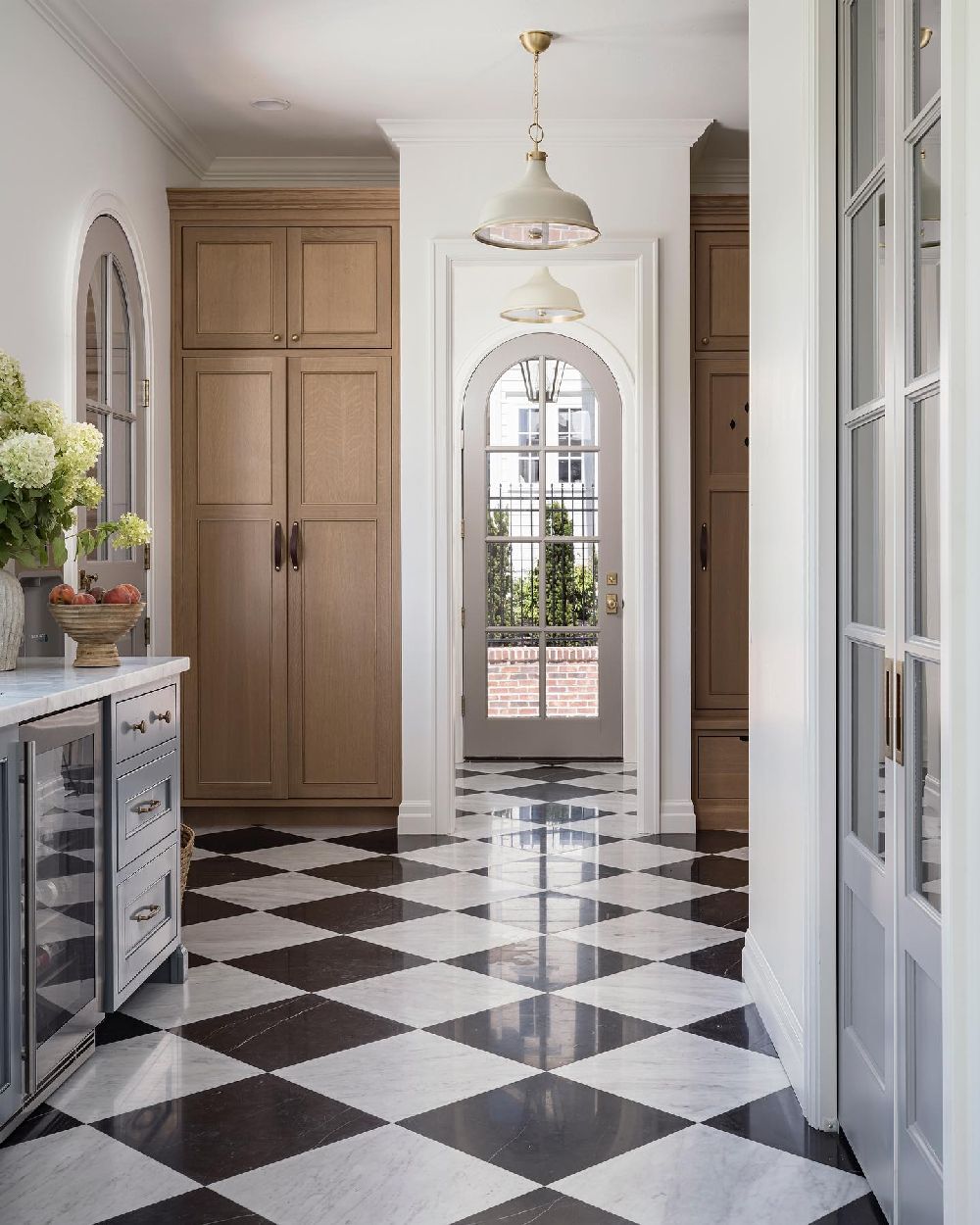Hardwood floors can add beautiful warmth and character to any home, but they also come with some important considerations. When an interior designer helps clients choose flooring, they must know the ins and outs of hardwood from a practical perspective. While hardwood brings natural beauty and value to homes, it also requires more maintenance than other popular options like carpet or vinyl.
In this post, I’ll overview the pros and cons of hardwood flooring to help you decide if it’s the right choice your home. Hardwood offers durability along with its trademark good looks. But it can also dent, scratch more easily, and react to moisture. I’ll go over the factors like cost, installation, eco-friendliness, and day-to-day living issues to weigh as you think about hardwood floors.
There are extra choices like finish and wood species to factor in as well. With the right eyes-open understanding of both the advantages and commitments of hardwood floors, you’ll make the best flooring decision for your lifestyle and space.
Hardwood flooring is a popular choice for many homeowners due to its timeless appeal and durability. However, like any flooring option, it has its own set of pros and cons:
Pros
- Aesthetics: Hardwood floors add a classic, elegant look to any space. They come in various species, colors, and grains, providing a natural and warm ambiance.
- Durability: High-quality hardwood floors can last for decades, especially when properly maintained. They can withstand heavy foot traffic and can be refinished multiple times, extending their lifespan.
- Increased Home Value: Hardwood flooring is considered an investment as it can increase the resale value of a home. Potential buyers often prefer homes with hardwood floors, which can lead to a higher selling price.
- Easy Maintenance: Regular sweeping and occasional mopping are usually enough to maintain hardwood floors. Refinishing can restore their appearance, making them look brand new.
- Improved Indoor Air Quality: Unlike carpets, hardwood floors do not trap dust, pet dander, or allergens, making it a healthier option for people with allergies or respiratory issues.
Cons
- Cost: Hardwood flooring can be relatively expensive, especially for high-quality materials like solid hardwood. Additionally, installation costs can vary depending on the complexity of the job.
- Susceptibility to Moisture: Natural hardwood is sensitive to moisture and can warp, swell, or even rot if exposed to water or high humidity for extended periods. This makes it unsuitable for areas prone to moisture, such as bathrooms and basements.
- Prone to Scratches and Dents: Hardwood floors can get scratched or dented, especially in high-traffic areas or if not properly maintained. This might necessitate refinishing or repair.
- Maintenance Requirements: While routine maintenance is relatively simple, hardwood floors require periodic refinishing to maintain their appearance, which can be time-consuming and costly.
- Environmental Impact: Depending on the source and harvesting practices, some hardwood flooring options may have an environmental impact. Opting for sustainably sourced wood or engineered wood products can mitigate this concern.
- Noise: Hardwood floors can amplify sound, causing more noise compared to carpets. This might be an issue in multi-level homes or apartments.
Before choosing hardwood flooring, consider your lifestyle, the specific room’s usage, and maintenance capabilities to ensure it aligns with your needs and preferences. Exploring engineered hardwood, which has increased resistance to moisture and environmental impact, might be a viable alternative to solid hardwood in some cases.
